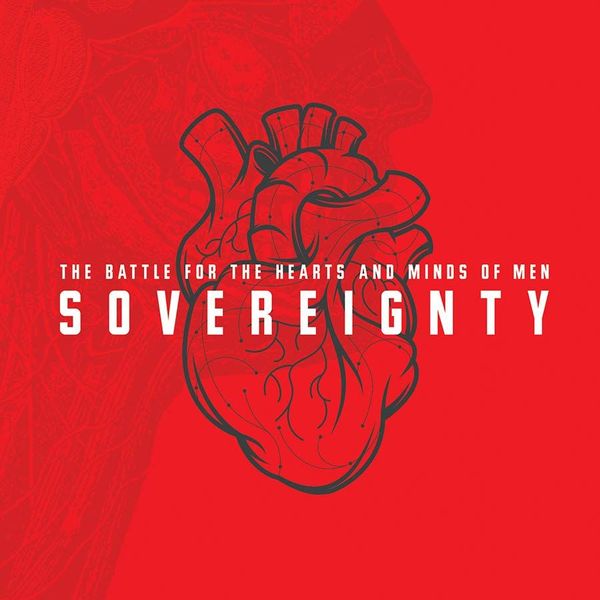
To install StudyMoose App tap and then “Add to Home Screen”

Sovereignty refers to the ultimate governing authority of a state or nation. It is the power to make decisions and enforce laws within a defined territory without interference from external forces. Sovereignty can also refer to the idea that each individual possesses inherent rights and freedoms that cannot be taken away by any government or authority. Additionally, sovereignty may include the power to maintain control over natural resources, set economic policies, and engage in diplomatic relations with other countries.
Save to my list
Remove from my list
Save to my list
Remove from my list
Save to my list
Remove from my list
Save to my list
Remove from my list
Save to my list
Remove from my list
Save to my list
Remove from my list
Save to my list
Remove from my list
Save to my list
Remove from my list
Save to my list
Remove from my list
Save to my list
Remove from my list
Save to my list
Remove from my list
Save to my list
Remove from my list
Save to my list
Remove from my list
Save to my list
Remove from my list
Save to my list
Remove from my list
Save to my list
Remove from my list
Save to my list
Remove from my list
Save to my list
Remove from my list
Save to my list
Remove from my list
Save to my list
Remove from my list
Save to my list
Remove from my list
Save to my list
Remove from my list
Save to my list
Remove from my list
Save to my list
Remove from my list
👋 Hi! I’m your smart assistant Amy!
Don’t know where to start? Type your requirements and I’ll connect you to an academic expert within 3 minutes.
get help with your assignment